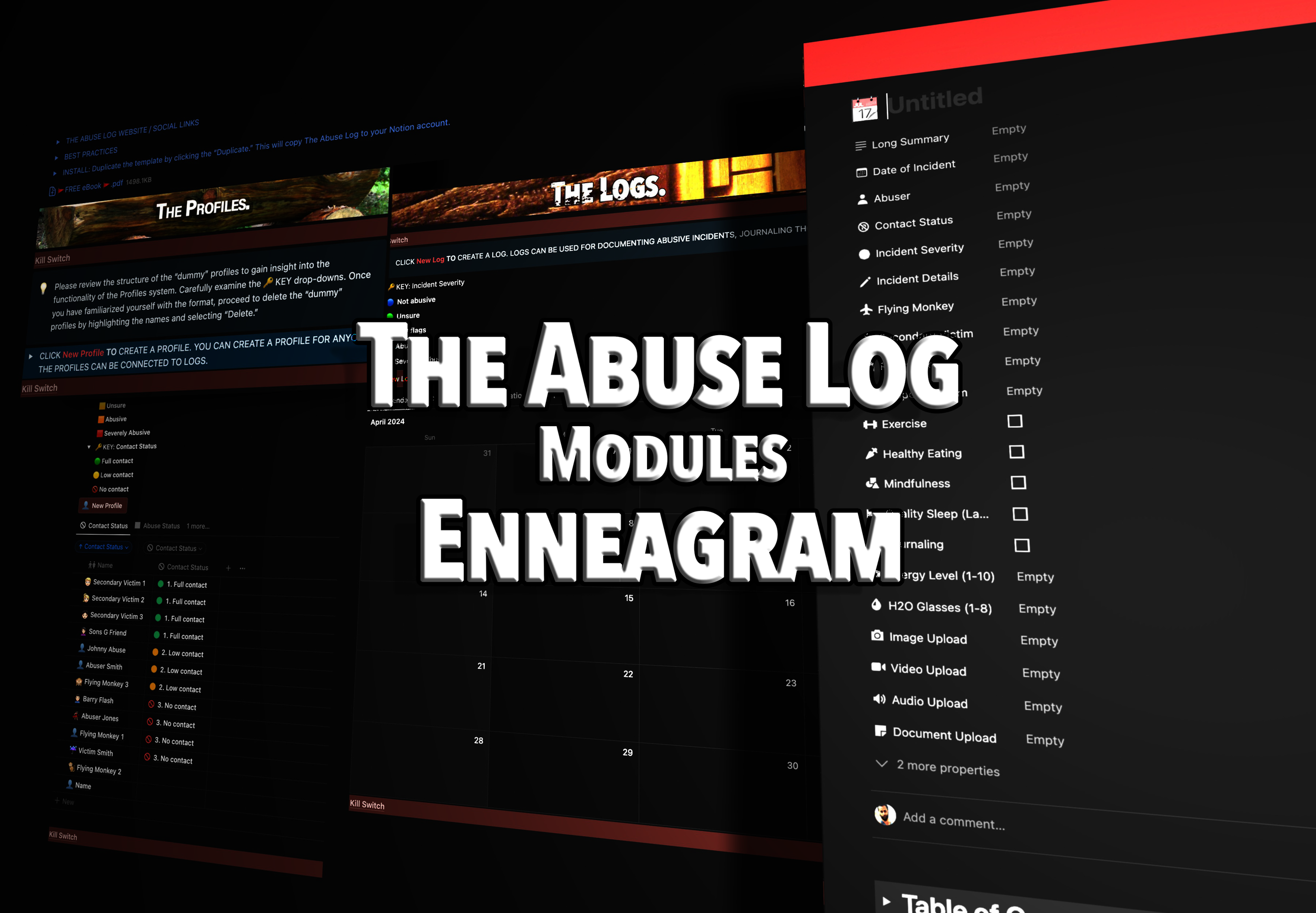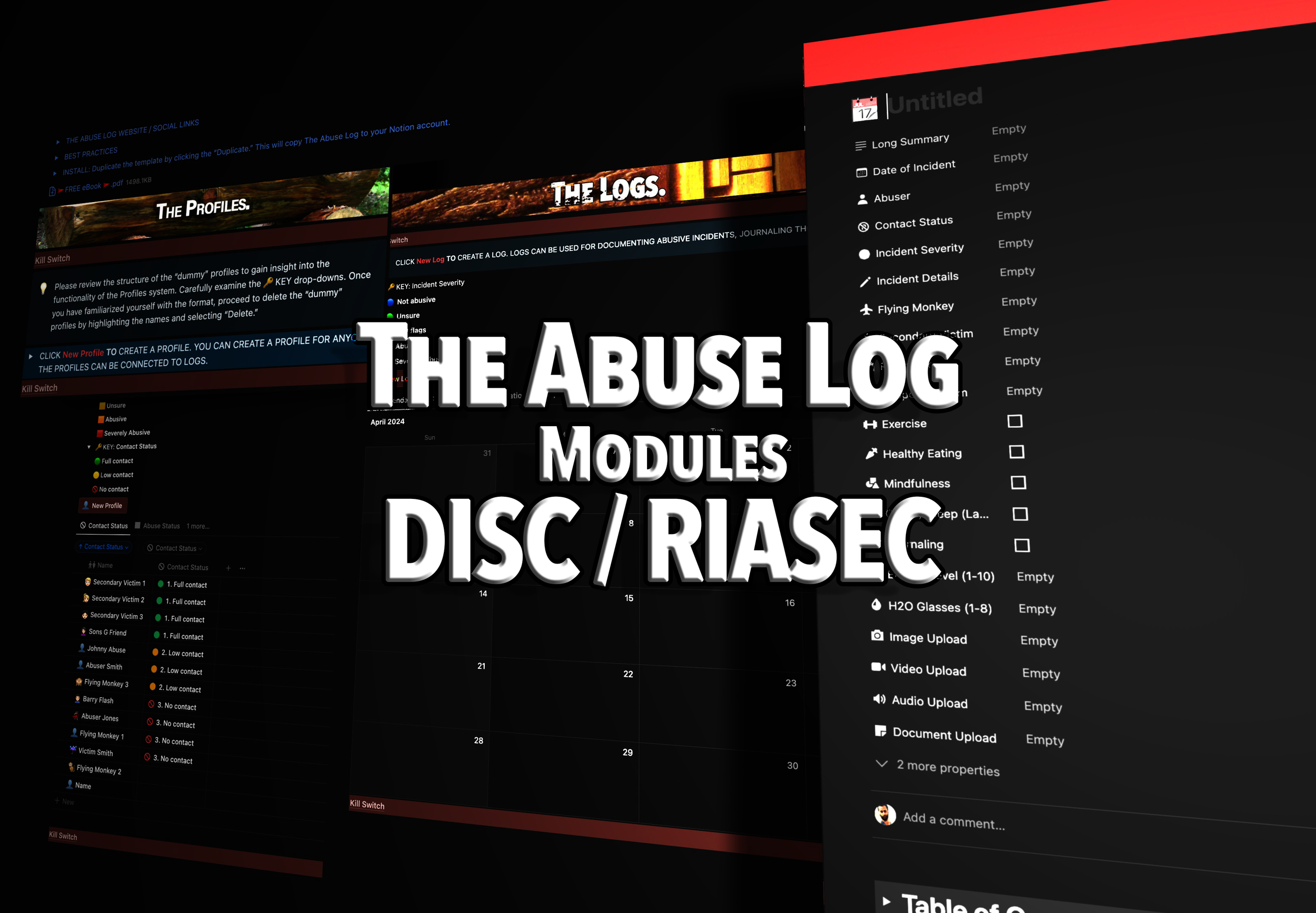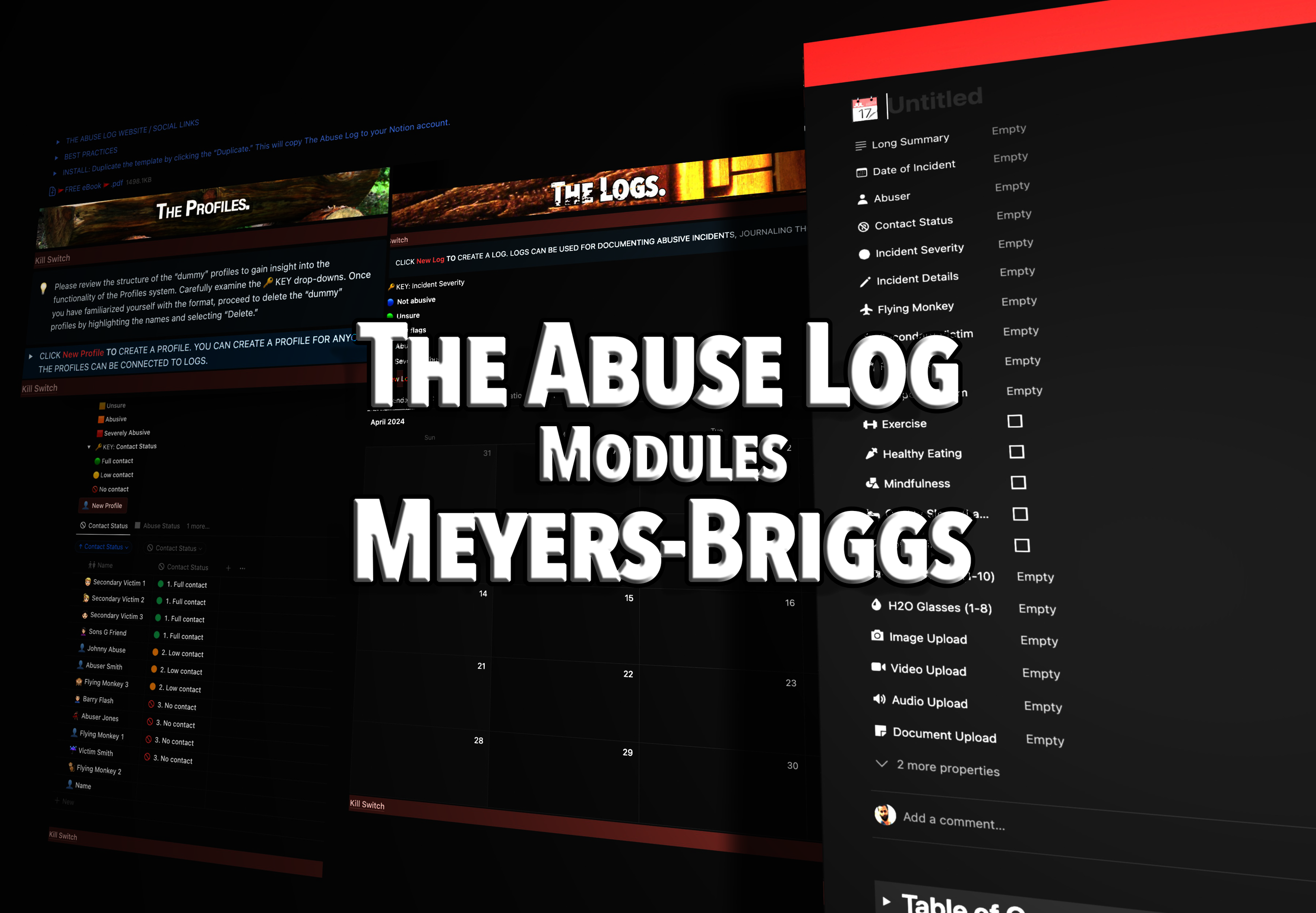Mother Leaving Children With a Father They Label as “Unsafe”: A Paradox
Introduction
Parenting dynamics in contentious separations often unveil profound psychological and social complexities. Among these, the phenomenon where one parent leaves their children with a father they label as unsafe stands out for its emotional and ethical contradictions. This decision creates a paradox that demands reconciliation in the leaving parent’s psyche. To navigate this dissonance, many craft narratives that position themselves as victims compelled by circumstance, while vilifying the father. This dual approach preserves their self-image while justifying their actions, creating ripples that affect the children, the father, and society at large.
The Psychological Contradiction
Labeling someone as unsafe, especially in the context of a co-parent, implies a duty to shield the children from harm. However, leaving children in the care of an “unsafe” father signals an implicit contradiction: if the father is indeed harmful, why leave the children? This dissonance is rooted in cognitive dissonance theory (Festinger, 1957), which describes the mental discomfort experienced when one’s actions and beliefs conflict.
To resolve this discomfort, the leaving parent often constructs a narrative that alleviates their sense of responsibility. Common threads in these narratives include:
External Constraints: Portraying themselves as victims of financial, legal, or societal forces that left them no choice but to leave.
Moral Superiority: Justifying their departure as an act of self-preservation, often couched in terms of ensuring their own survival to "fight another day."
Villainization of the Father: Framing the father as manipulative, abusive, or threatening to reinforce the image of an impossible situation.

These narratives, while potentially ungrounded in reality, serve a crucial psychological purpose: they allow the parent to maintain their self-concept as a loving caregiver who acted out of necessity, not neglect.
The Role of Social Perceptions and Bias
Societal attitudes toward gender and parenting often exacerbate these dynamics. Mothers, in particular, are socially constructed as the “default nurturers,” which makes their decision to leave children with a supposedly unsafe father all the more perplexing to outside observers. To preempt judgment, these mothers may feel compelled to create a narrative that absolves them of guilt and aligns with societal expectations.
This tendency is reinforced by the phenomenon of parental alienation, where one parent systematically undermines the child’s relationship with the other parent (Gardner, 1985). By vilifying the father, the mother not only justifies her departure but may also influence the children’s perception, ensuring that they adopt her viewpoint to maintain their bond with her. This perpetuates a cycle of alienation that can leave lasting psychological scars on the children.
The Impact on Children
Children caught in this web face a precarious psychological journey. The narratives crafted by the leaving parent often introduce cognitive dissonance into their own lives. They may be told that their father is unsafe, yet they continue to live with him and observe evidence to the contrary. This contradiction can:
Erode Trust: Children may struggle to trust either parent, feeling torn between conflicting narratives.
Induce Anxiety: The fear instilled by the mother’s narrative can create a persistent sense of unease, even if the father’s behavior doesn’t corroborate it.
Foster Identity Confusion: Over time, children may internalize the negativity directed at their father, leading to identity struggles, particularly if they share traits with him.
Implications for the Father
For the father, the situation is equally fraught. Being labeled as unsafe or harmful without substantiated evidence can lead to social ostracization, legal battles, and emotional distress. Fathers in such situations often face an uphill battle to maintain their relationships with their children and rebuild their reputations.
The vilification they experience may not only harm their immediate familial relationships but can also extend to professional and social circles. The strain of these accusations, combined with the challenge of parenting under scrutiny, can leave fathers feeling isolated and powerless.
Breaking the Cycle
Addressing this paradox requires a multi-faceted approach:
Legal Safeguards: Courts must emphasize evidence-based assessments in custody disputes, ensuring that accusations of harm are substantiated before influencing decisions.
Therapeutic Interventions: Families caught in these dynamics benefit from counseling, which can help children process conflicting narratives and support parents in co-parenting effectively.
Public Education: Society must move beyond gendered assumptions about parenting roles and recognize that both mothers and fathers can be capable caregivers.
Accountability Mechanisms: Encouraging transparency and accountability for both parents can prevent the spread of unsubstantiated allegations.
Conclusion
The paradox of leaving children with a father deemed unsafe is a complex interplay of psychology, social norms, and individual behavior. By crafting narratives that absolve responsibility and vilify the other parent, the leaving parent may preserve their self-image but at a significant cost to familial relationships. Breaking this cycle requires a commitment to fairness, evidence-based decision-making, and a deeper understanding of the psychological forces at play. Only then can we begin to mitigate the harm caused by such contradictions and create a more equitable environment for all involved.


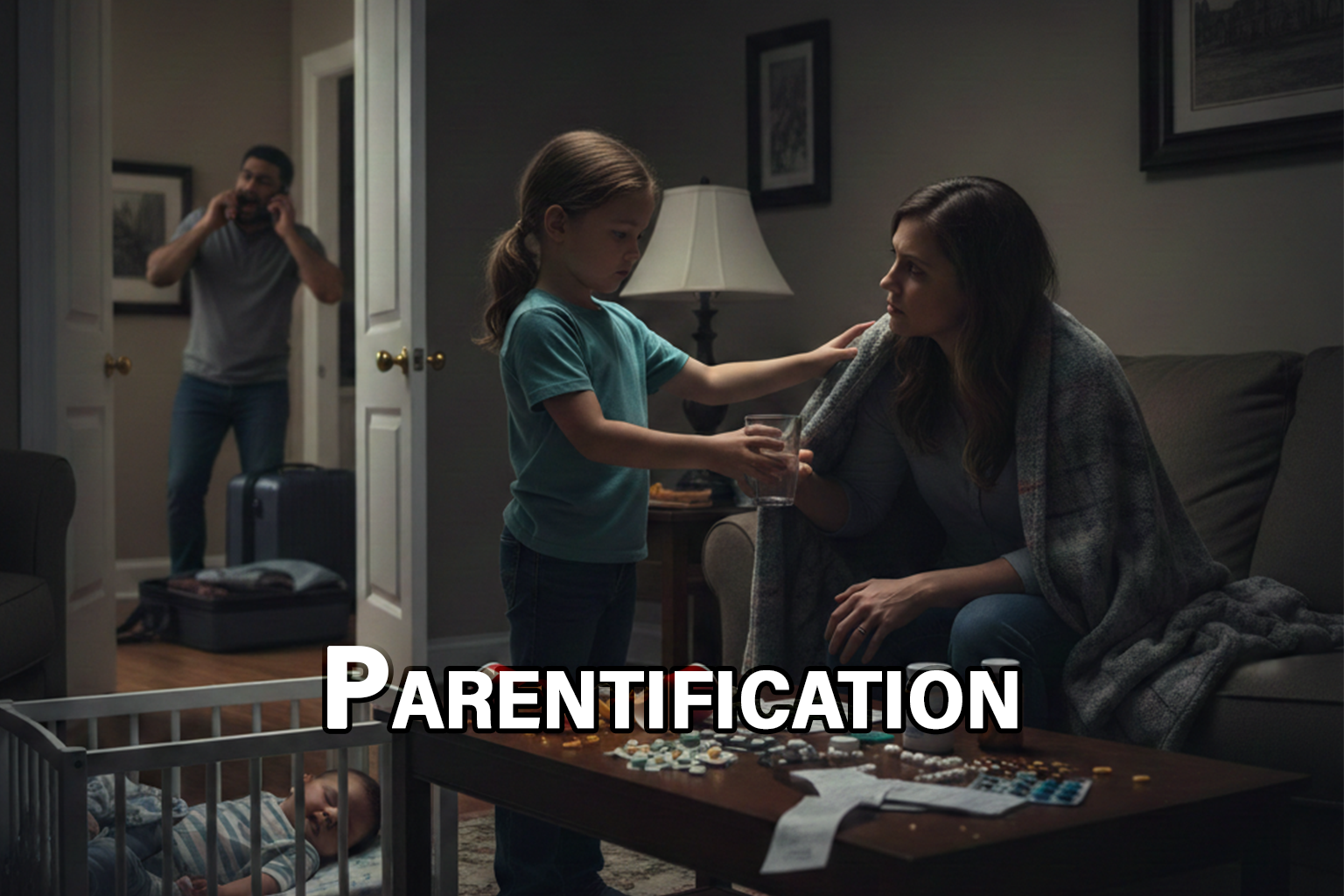




























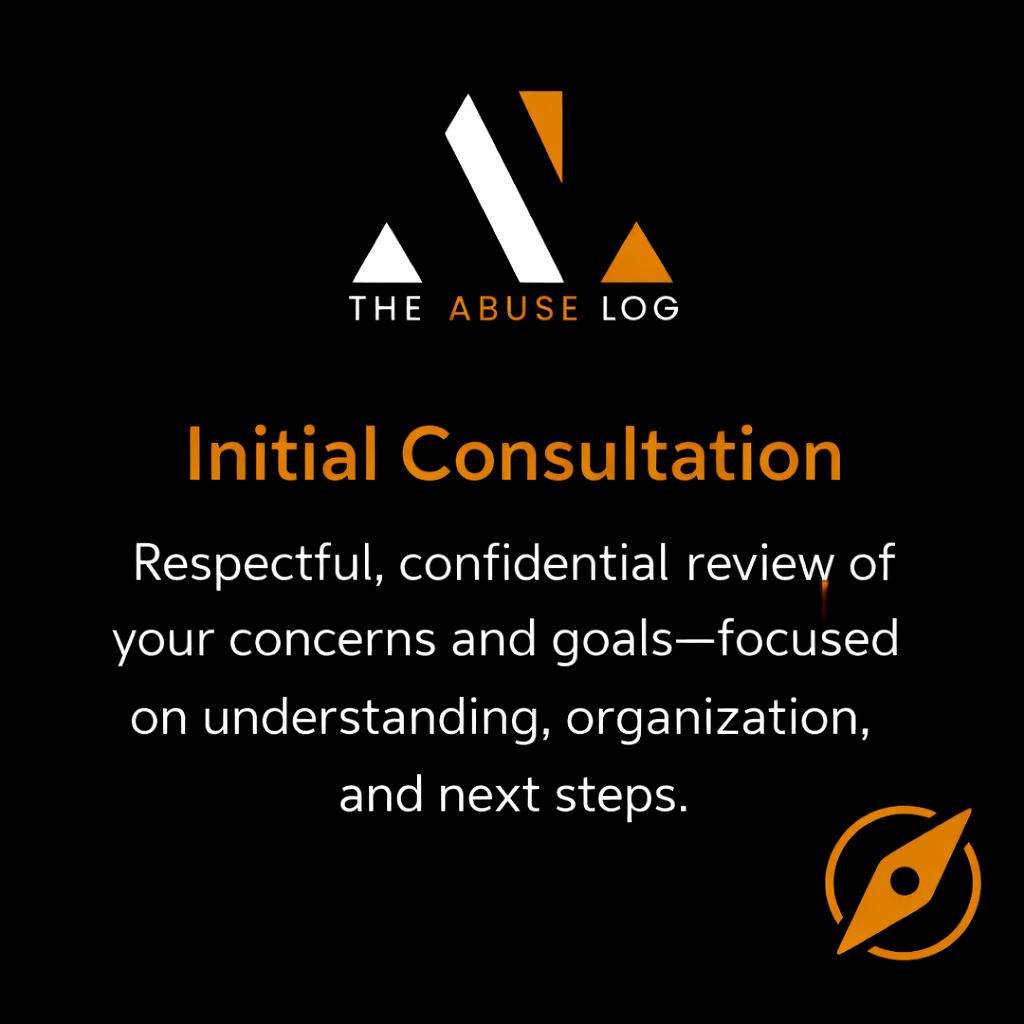
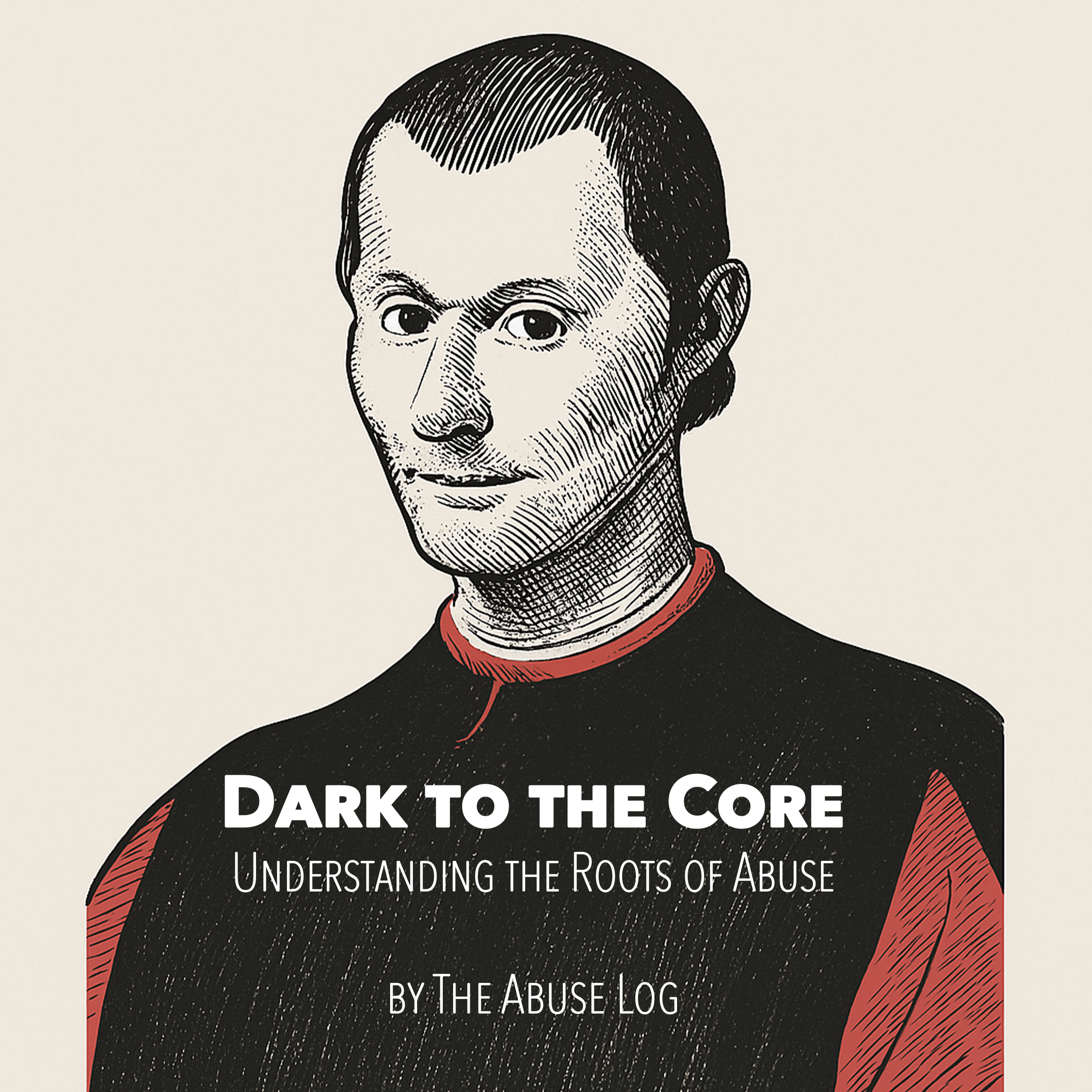
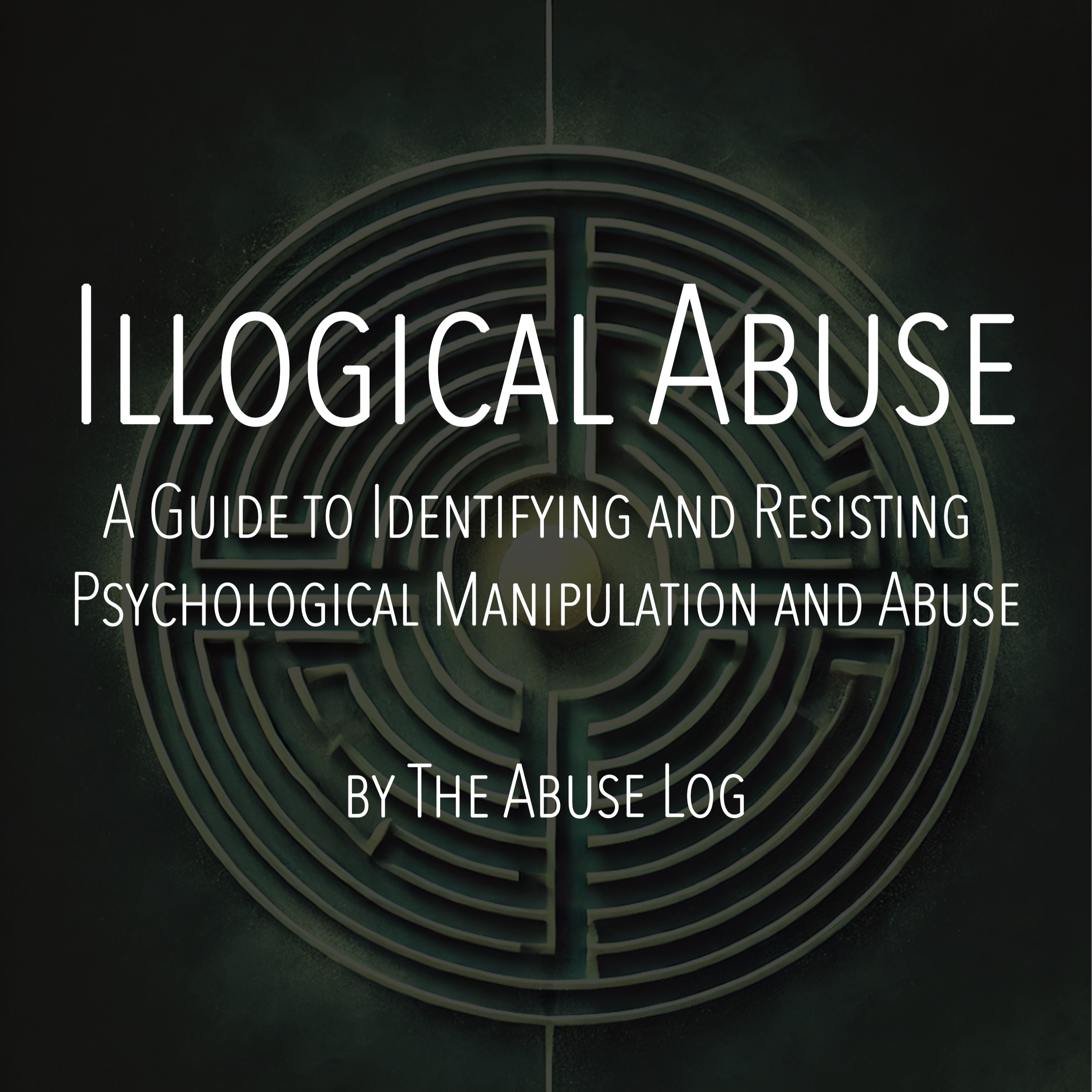

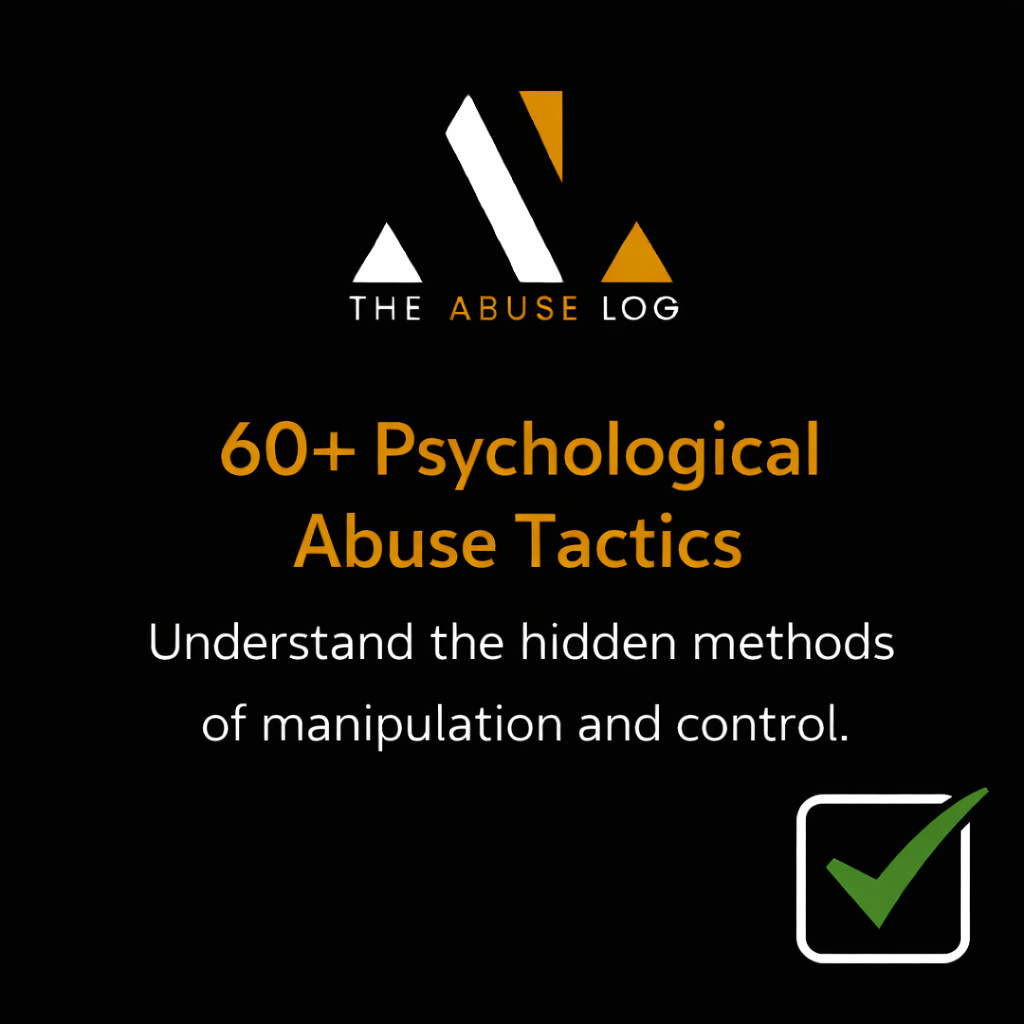
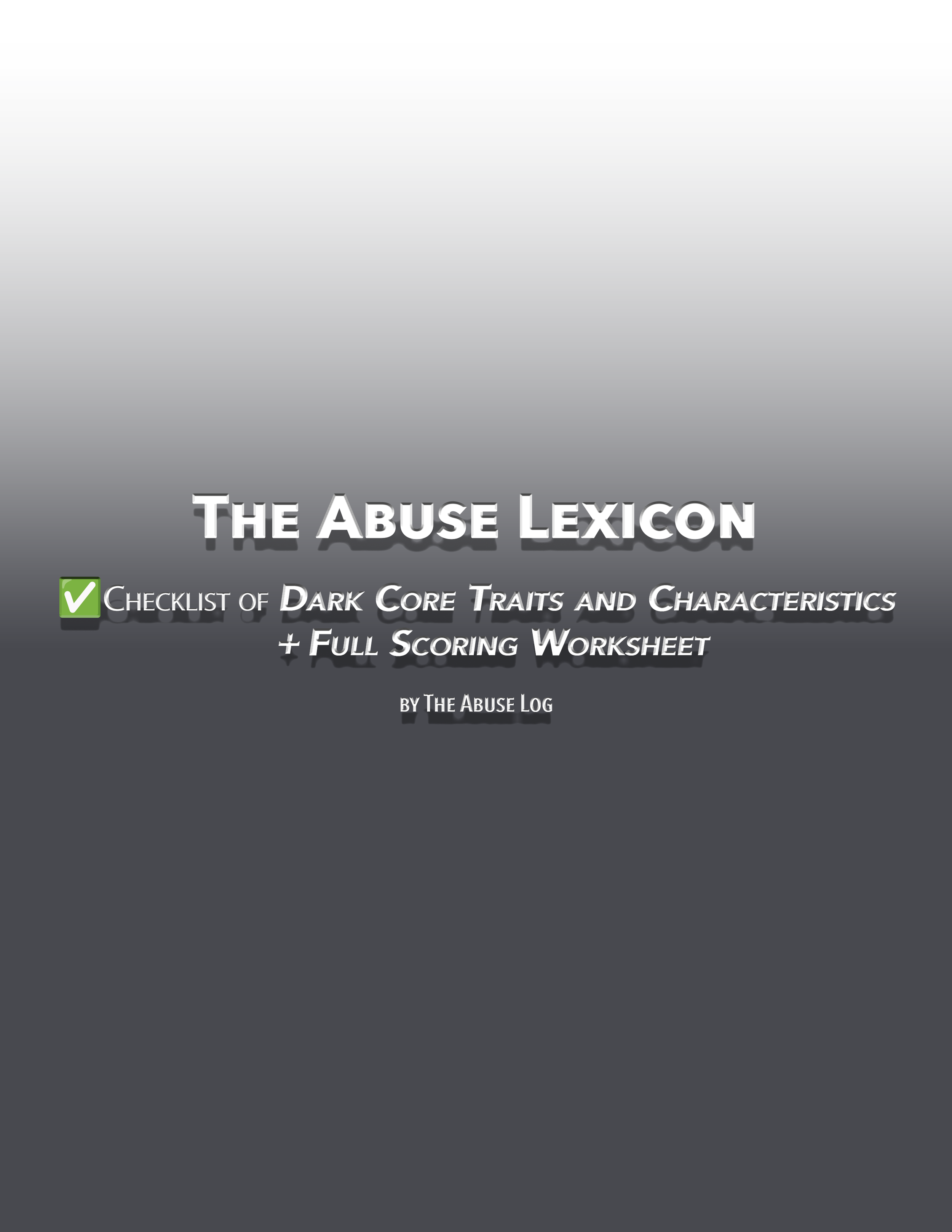

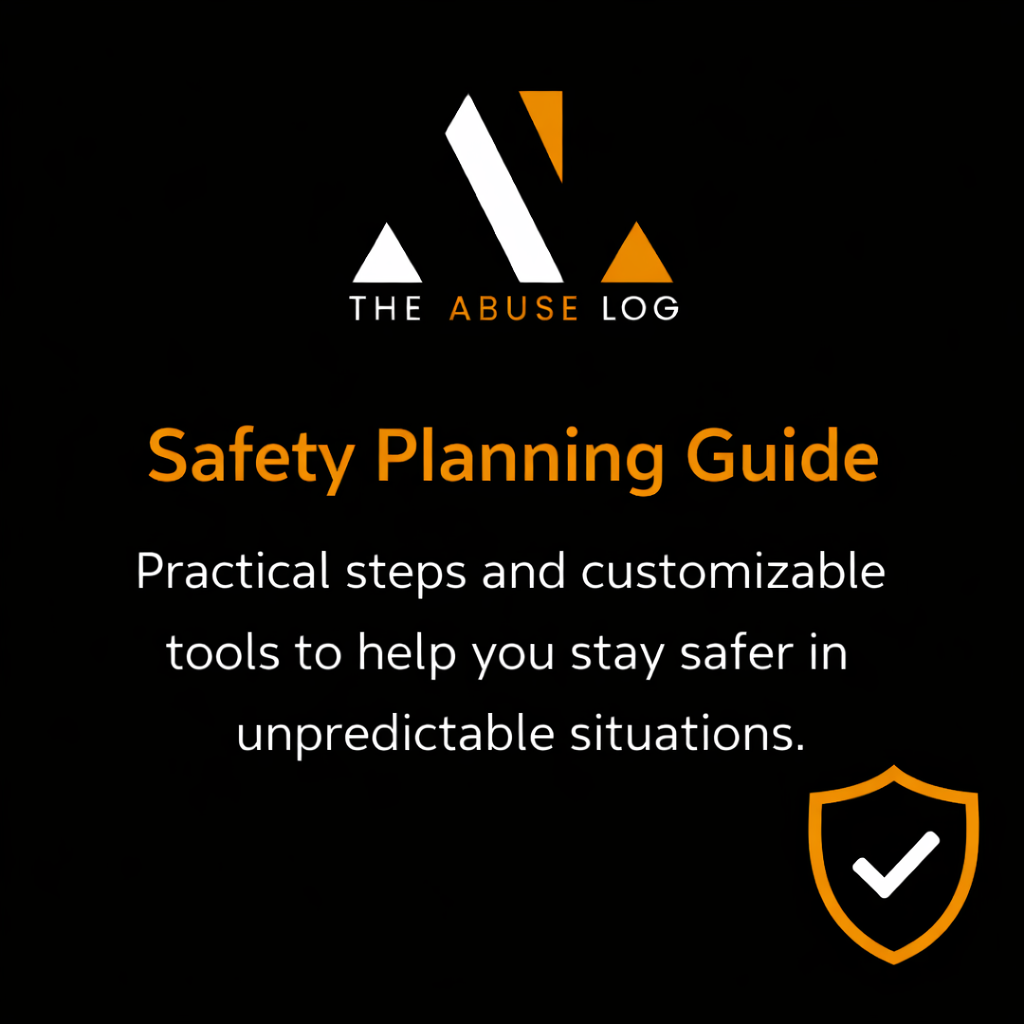
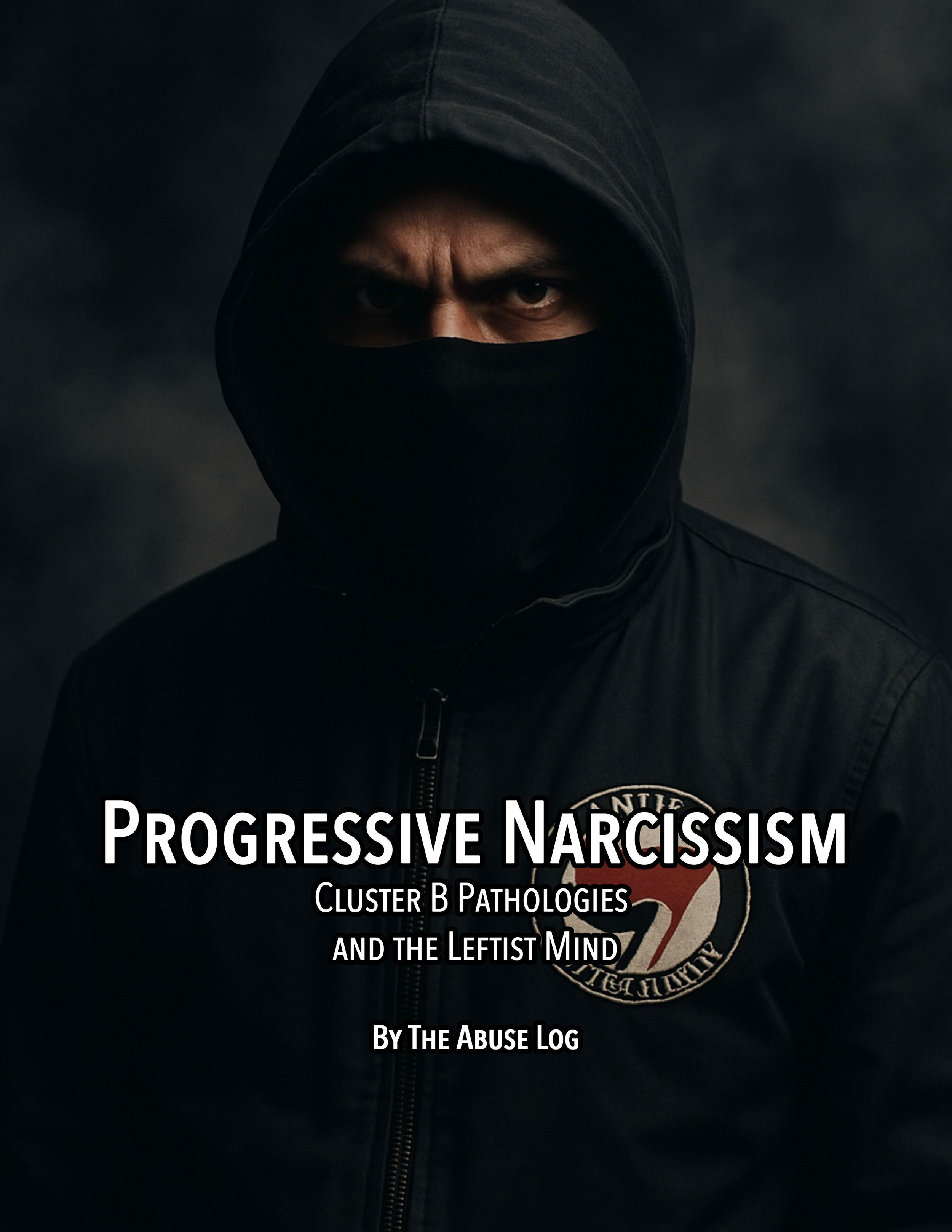
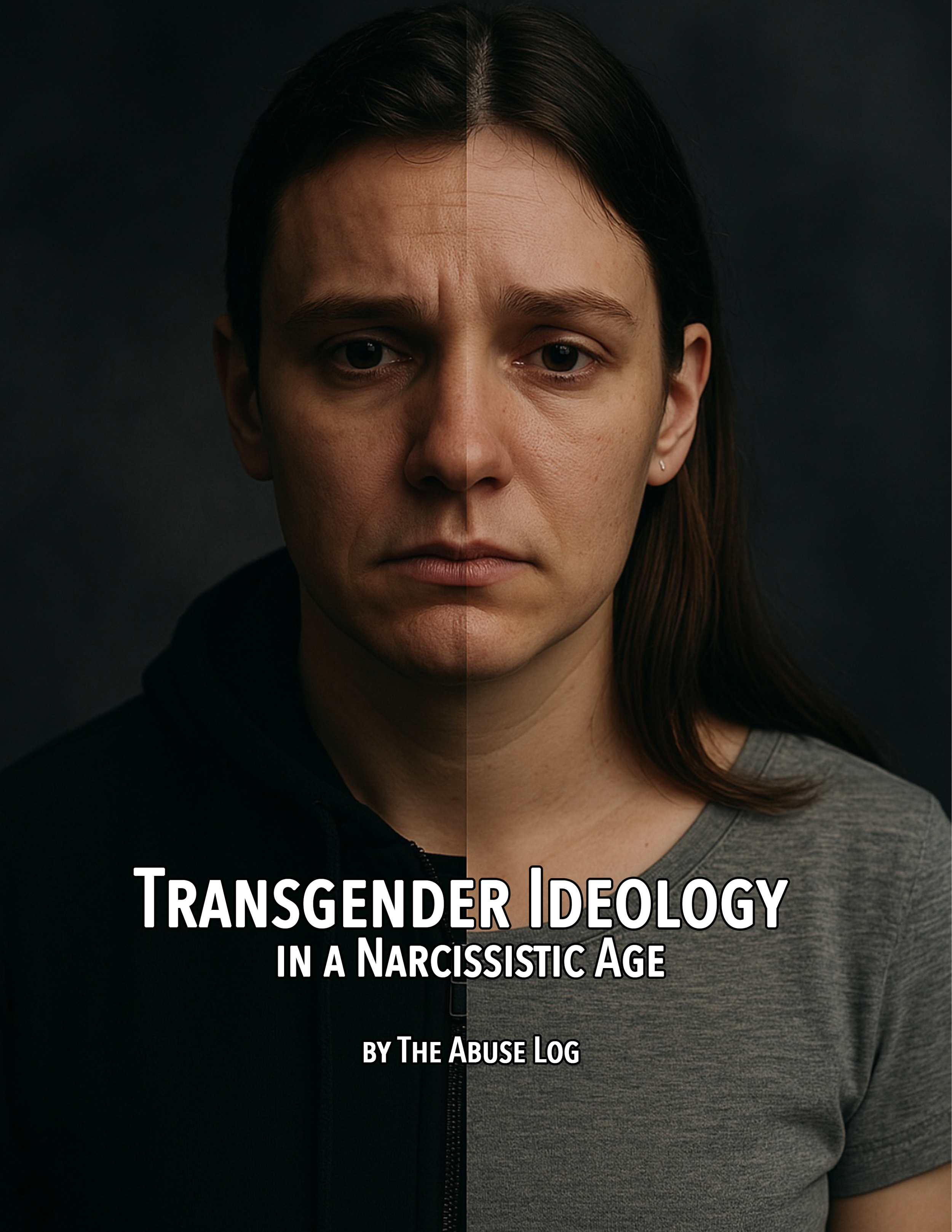
![🗂️ The Abuse Log [Basic]](https://images.squarespace-cdn.com/content/v1/65b9553c448d7e5b0ec1dfcd/4c83e581-b720-4cbe-83b1-2d72e7a9ac8a/Logo+Gumroad-Basic.png)
![🗂️ The Abuse Log [Advanced]](https://images.squarespace-cdn.com/content/v1/65b9553c448d7e5b0ec1dfcd/0d44e3de-2a17-4824-abe1-13b4daabea34/Logo%252BGumroadAdvanced.webp)
![🗂️ The Abuse Log [Professional]](https://images.squarespace-cdn.com/content/v1/65b9553c448d7e5b0ec1dfcd/7fa18cea-edf4-4325-8234-13f3527579c2/Logo+GumroadProfessional.png)






